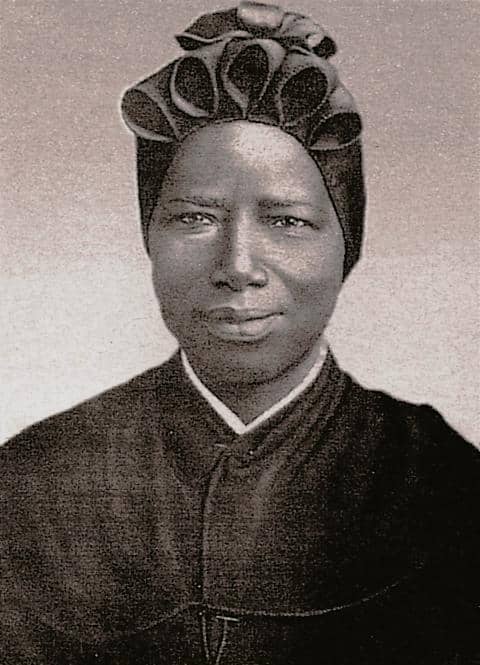As the universal Church continues to celebrate the Lord’s Resurrection through the Easter Season, Christians are edified and encouraged by the different accounts of the Lord’s rising from the dead.
This Sunday at Mass, the Church proclaims one of these Gospel accounts of the Risen Christ. Our famed Resurrection account today is one of the more detailed biblical accounts of the Risen Christ with his disciples, even though it was recorded by Saint Luke. Hailed as the “beloved physician,” Saint Luke is the only Gentile author of the New Testament. He was in the second generation of the Lord’s disciples, and most likely never met Jesus Christ in this life.
And yet, drawing from the apostolic testimony, Saint Luke gives us today’s expansive account of the Risen Christ accompanying, listening to, teaching, praying, and breaking bread with his disciples.
For these reasons, the Emmaus account is one of the most beloved narratives within the Christian community. Even after two thousand years of reflection and commentary, the possible interpretations and applications of this Resurrection account are endless.
In deciphering the multiple and various explanations of Emmaus, it might prove to be most beneficial for us to select from the rich spiritual and exegetical patrimony of the account the principal lessons that shed some wisdom and provide some guidance for us in our current pandemic and quarantine.
With this in mind, we can highlight four main points.
The disciples today were “downcast” and struggling with spiritual desolation. They were awaiting the restoration of David’s kingdom, and the work of the Lord didn’t go their way. They were confused, anxious, and – in light of their abrupt response to the Lord “Are you the only visitor to Jerusalem who does not know of the things that have taken place there in these days?” – it appears that they were a little on edge. Things were not going the way they had expected.
And yet, the Lord was there with them. He entered into their state of uncertainty and frustration. They just didn’t see him at first.
In our quarantine, we can focus on the many things that have been taken away from us or reduced from our availability. We can allow ourselves to be restless and get angry. We can imagine that God is not with us and has abandoned us in our time of need. And yet, the Lord is with us. He is accompanying us, suffering with us, and wants us to talk with him about what’s happening. We’re invited to welcome him as an active sojourner on our journey.
After the initial inquiry by the Lord Jesus, he realizes that the disciples don’t understand the role of suffering and why it was “necessary that the Christ should suffer.” In response, the Lord opened the Scriptures and begin to teach them. The Bible was the Lord’s “go to” resource to share divine wisdom and to reveal the plan of salvation.
In our quarantine, the Lord wants us to understand how our suffering can be redemptive. He shows us how it can be offered up for a greater good. And the Lord calls us to open our Bibles and to read. He wants to instruct us in the exact same way as he taught the two disciples today. The quarantine can be an amazingly blessed opportunity to begin reading the Bible and to seek a greater understanding of suffering and the ways of God.
After the Lord Jesus taught them, they were arriving in Emmaus. It was beginning to be nightfall and the disciples asked him, “Stay with us, for it is nearly evening and the day is almost over.” The Lord agreed and stayed with them. In our quarantine, we are invited to go deeper and to call out for divine assistance in our own lives, “Lord, it’s getting dark. Help me.”
We can invite the Lord Jesus into our homes, our domestic churches, and ask him to eat with us. The Lord tells us later in the Book of Revelation that he knocks on the door of our hearts. If we open the door to him, then he will come in, dispel the darkness, and eat with us. He will recline with us and become a part of our family. But we have to welcome him.
Lastly, as the Lord joined his disciples for a meal, he broke bread and was manifested to them. In that Eucharistic act, the disciples realized that it was the Lord Jesus who was with them and they rejoiced.
During our quarantine, we can continue to deepen in our hunger for Holy Communion. We can beseech the Lord to reveal himself to us when we return to Mass, and ask him to help us to understand his own Body and Blood and true food and true drink.
In these four ways, the Emmaus account can serve as a guides for our time in quarantine and help us to prepare well for our eventual return to Mass and reception of Holy Communion.
















